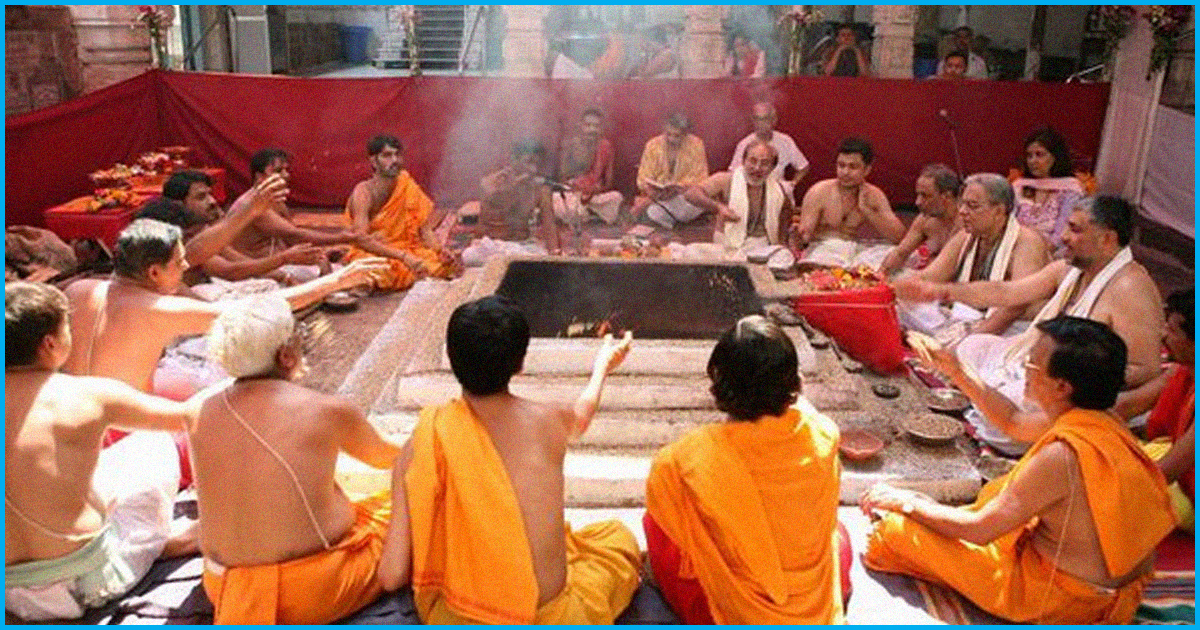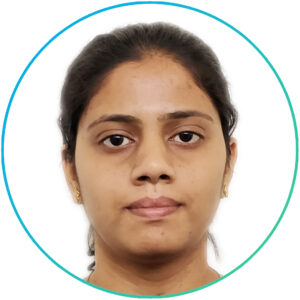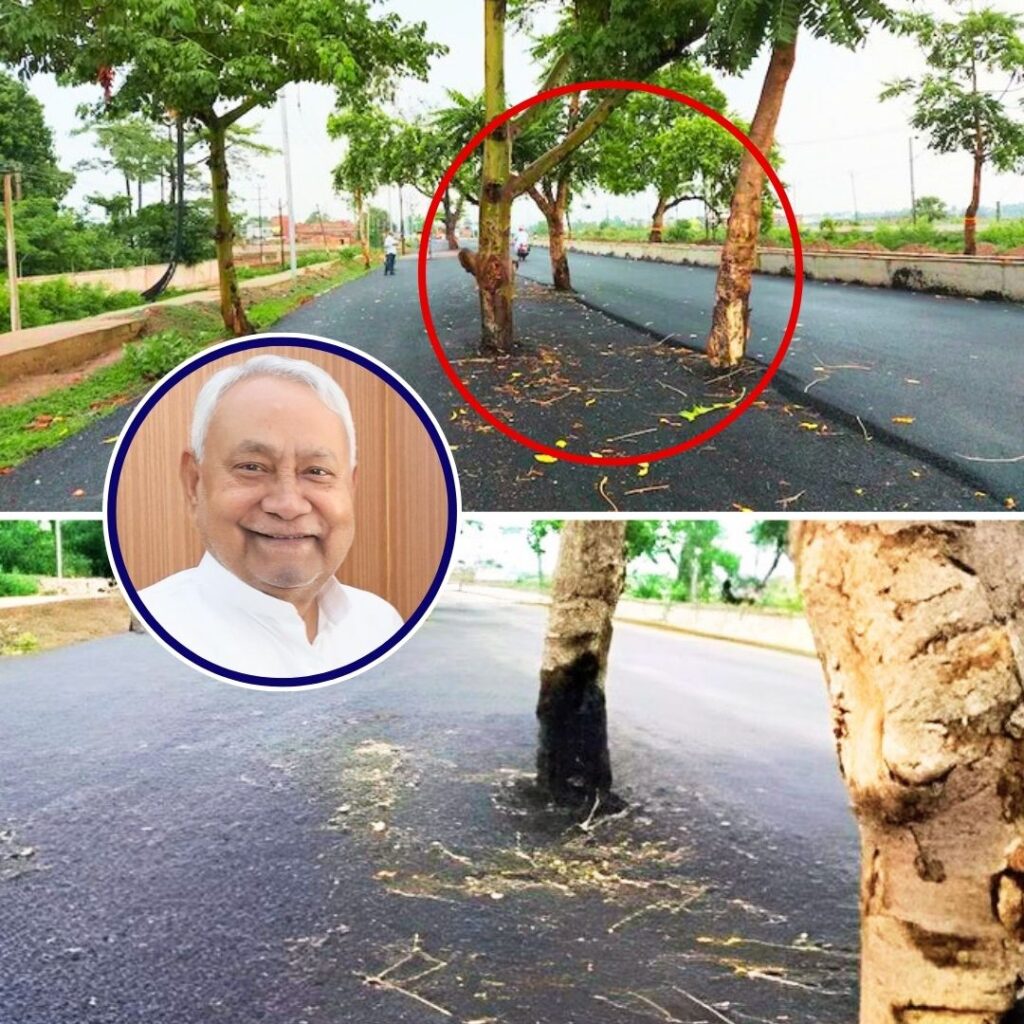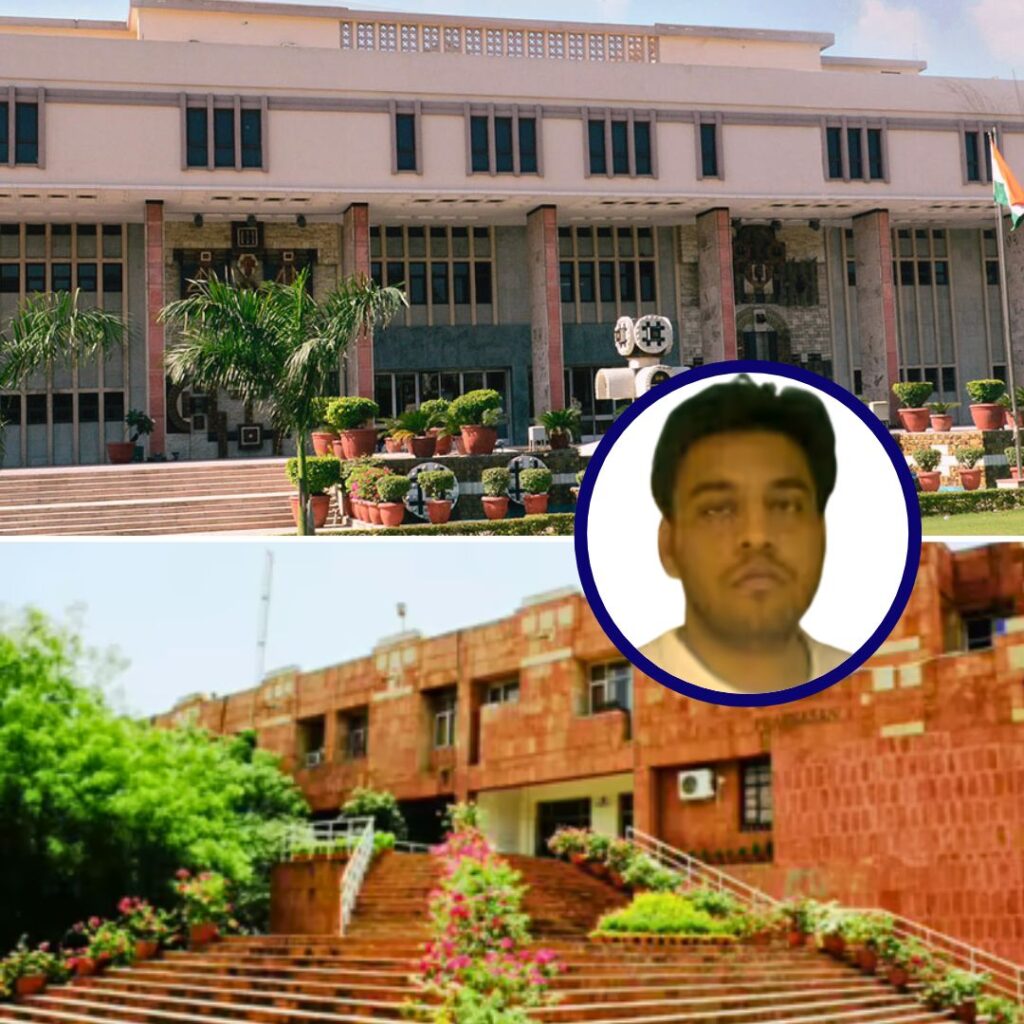Caste has been one of the biggest deterrents to the progress of our society. The caste system from the longest time has almost intertwined with our societal dynamics. This has caused a few sections of people being looked down upon, discriminated against and being denied their basic rights. However, a recent news proves that slowly, but surely we are overcoming this. Breaking the glass ceiling, as many as 54 non-Brahmin priests have been appointed by the Cochin Devaswom Board (CDB).
54 non-Brahman priests
The Devaswom Recruitment Board conducted a test and took interviews similar to those at the Public Service Commission some time back. The board then prepared a rank list based on equal weightage given to merit and reservation.
As per Mathrubhumi, the board recommended the names of 70 priests. Of the 54 non-Brahmin candidates, 31 belong to backward communities. Board Chairman M Rajagopalan Nair said that 16 priests were selected from the forward communities. Also, of the 34 persons from the Ezhava community who appeared, 27 qualified. Apart from this, two OBC candidates, and two candidates from the Dheevara community and one each from Hindu Nadar and Viswakarma communities have been shortlisted.
Moving towards a more inclusive society
Last year, another Kerala temple, the Travancore Devaswom Temple’s recruitment board shortlisted about 36 people from Dalit and backward communities as temple priests. Board Chairman Rajagopalan Nair had then said, “Earlier, we had some priests from backward communities who made it to the list through merit. The demand for reservation for Dalits has been persisting for several decades. Previous attempts to meet the demands have faced stiff resistance from certain quarters. But now we have made it a reality.”
In 2016, a Dalit woman was appointed priest at the Kudroli Sri Gokarnanatha temple in Mangaluru, Karnataka.
It may be noted that the Tamil Nadu government order which came in 2006, allowed any qualified and trained Hindu to be appointed as a priest in temples in the state. While upholding the same decision, the Supreme Court, in 2015 said that while it was a Hindu temple’s right to appoint a priest on the basis of the practice being followed. However, it underlined that the inclusion or exclusion should not be based on criteria like caste, birth or any other “constitutionally unacceptable parameter”.
The Logical Indian truly appreciates the move which allows everybody an opportunity to practice their religion in an equal manner.
Also Read: A Brief History Of The Caste System And Untouchability In India












